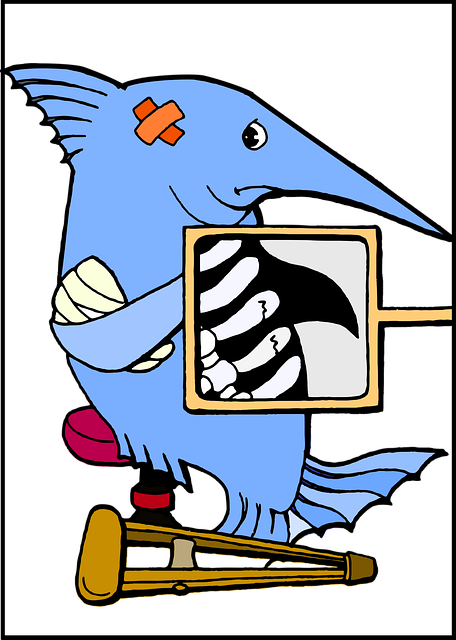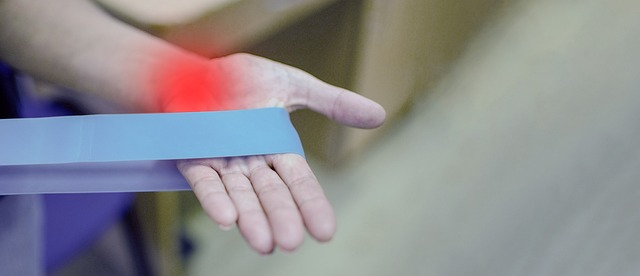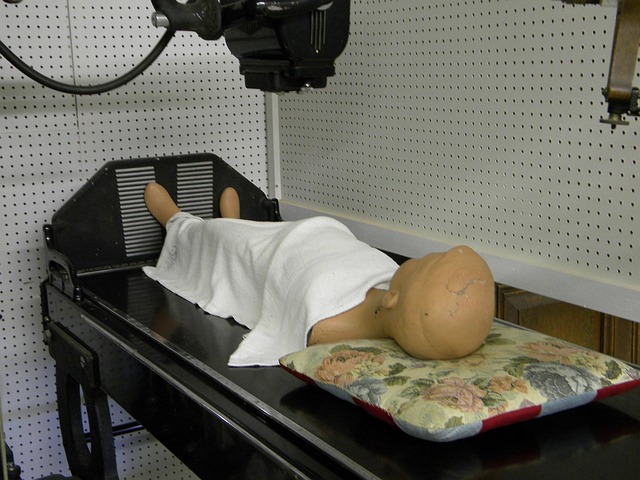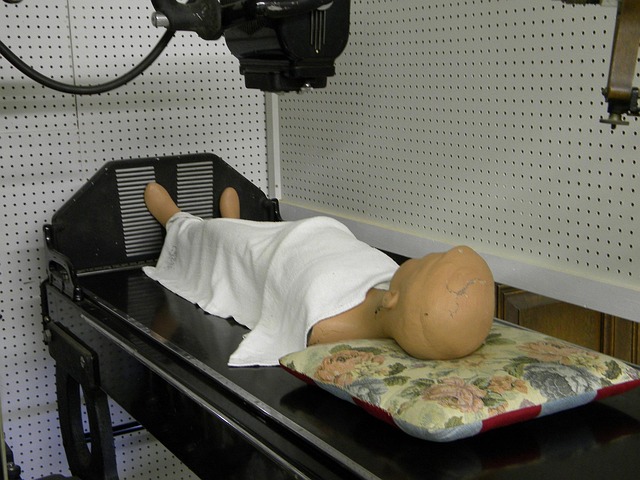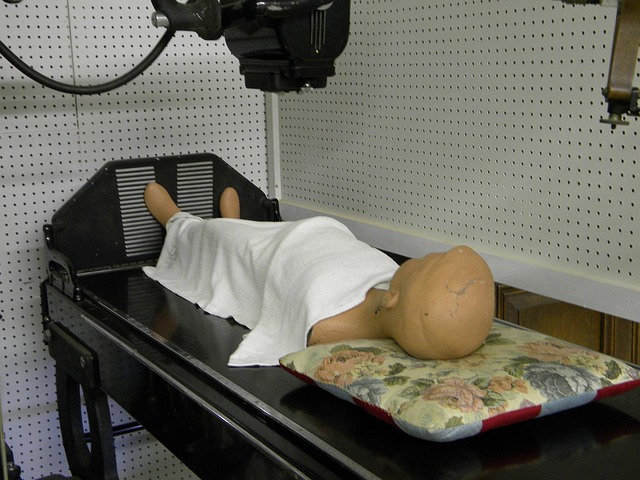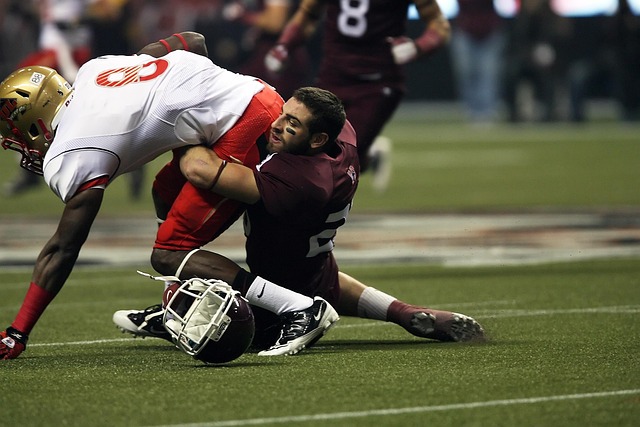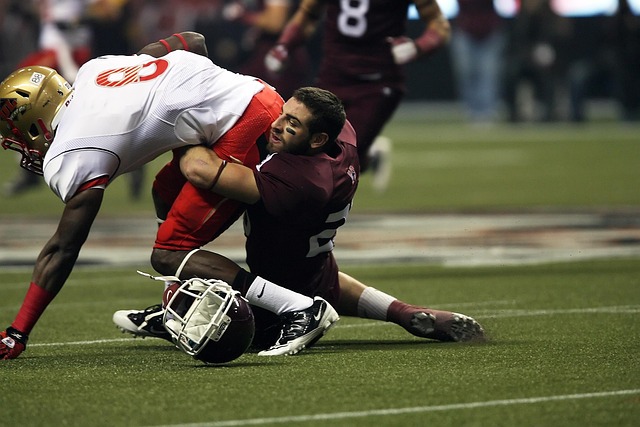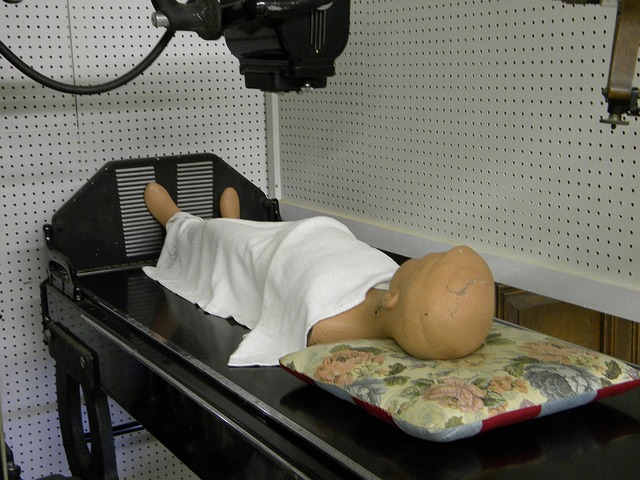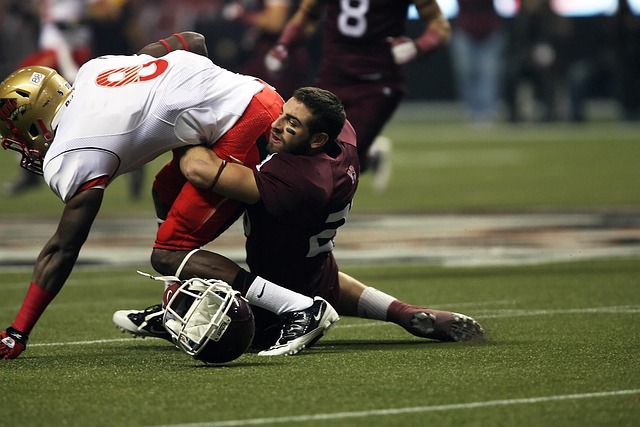Post-concussion dizziness and neck pain are common challenges after traumatic brain injuries (TBI), disrupting balance and daily life. Chiropractic care offers a safe, effective non-invasive approach, focusing on gentle spinal manipulation of the neck and head to improve nervous system function and reduce symptoms. Chiropractors may use heat/cold therapy, electrical stimulation, and tailored exercises along with adjustments to alleviate discomfort and strengthen the neck. This holistic method considers overall well-being, and regular chiropractic check-ups help prevent future concussions through education, protective gear, and regular activity. Chiropractic treatment for concussion injury plays a vital role in long-term recovery and risk reduction.
Dizziness and neck pain post-concussion are common yet often overlooked symptoms that can significantly impact an individual’s daily life. This article delves into understanding these persistent issues, offering insights on why they occur after a concussion. We explore effective chiropractic treatment approaches tailored to concussion injuries, providing hope for swift recovery. Furthermore, we equip readers with valuable recovery and prevention strategies to mitigate the risk of future concussions.
- Understanding Post-Concussion Dizziness and Neck Pain
- Chiropractic Treatment Approaches for Concussion Injuries
- Recovery and Prevention Strategies for Future Concussions
Understanding Post-Concussion Dizziness and Neck Pain
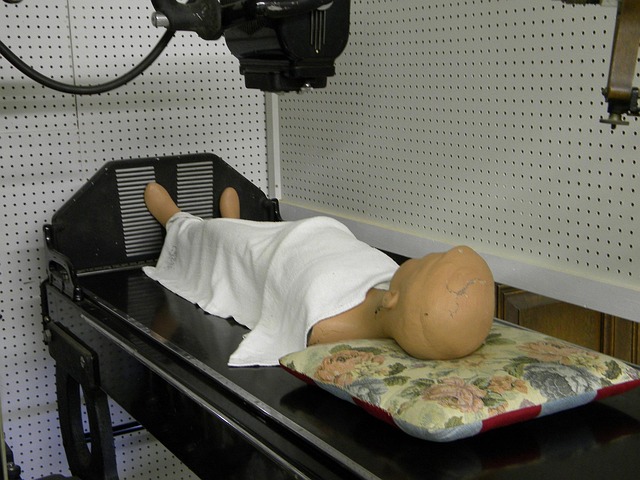
Post-concussion dizziness and neck pain are common symptoms that can significantly impact an individual’s daily life and recovery process. These issues often arise after a traumatic brain injury or concussion, affecting the vestibular system responsible for balance and spatial orientation. The nervous system plays a crucial role in coordinating movement and maintaining equilibrium, so any disruption can lead to disorientation and discomfort.
Chiropractic treatment for concussion injuries has gained recognition as a valuable approach. Chiropractors specialize in the manipulation of the spine and joints, focusing on the neck and head areas. This gentle adjustment can help improve nervous system function, alleviate pressure on sensitive structures, and reduce dizziness and neck pain associated with concussions. By addressing these symptoms early and appropriately, chiropractic care supports the overall recovery journey.
Chiropractic Treatment Approaches for Concussion Injuries
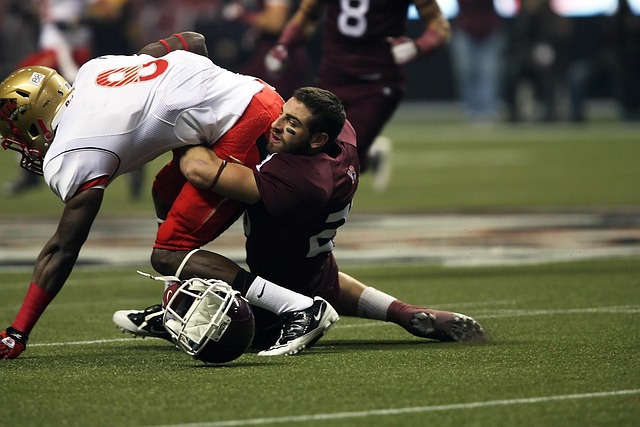
Chiropractic care has emerged as a valuable non-invasive approach to managing post-concussion symptoms, including dizziness and neck pain. Chiropractors utilize a range of techniques to address concussion injuries, focusing on the manipulation of the spine and joint adjustments to alleviate pressure and restore function. One key method is spinal manipulation, where gentle force is applied to improve mobility and reduce inflammation in the affected areas. This can help alleviate neck pain and dizziness by addressing any misalignments or restrictions in the upper cervical spine, which is often implicated in concussions.
Additionally, chiropractors may incorporate other therapeutic modalities such as heat/cold therapy, electrical stimulation, and rehabilitation exercises tailored to the patient’s needs. These treatments aim to reduce pain, promote healing, and improve overall recovery from concussion injuries. Chiropractic care offers a personalized and holistic approach, considering not only the physical symptoms but also the patient’s overall well-being and functional abilities.
Recovery and Prevention Strategies for Future Concussions
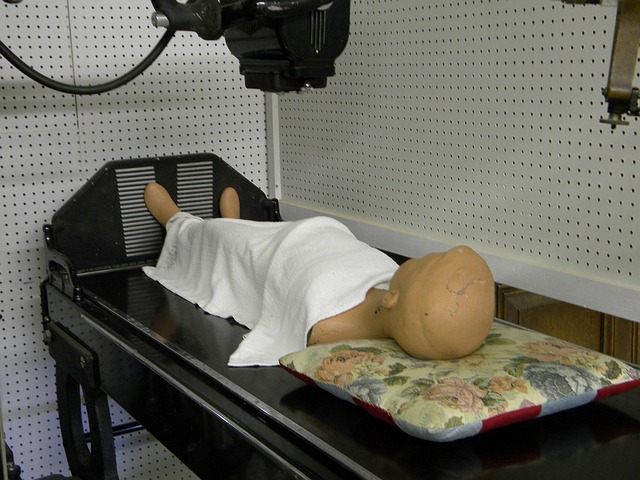
Recovery from a post-concussion dizziness and neck pain typically involves a combination of rest, physical therapy, and specific treatments tailored to address these symptoms. Chiropractic treatment for concussion injury has gained prominence as a non-invasive approach. Chiropractors can offer adjustments and manipulation techniques to alleviate pressure on the spine, reduce inflammation, and improve nerve function, which may help in managing dizziness and neck pain. They may also incorporate other therapeutic modalities like heat or cold therapy, electrical stimulation, and exercise programs designed to strengthen the neck and improve balance.
To prevent future concussions, a multi-faceted strategy is key. This includes proper education on recognizing and managing symptoms early, regular physical activity to enhance overall fitness and proprioception, and wearing protective gear during contact sports. Additionally, chiropractic care can play a role in maintaining spinal health and ensuring the nervous system functions optimally, which may reduce the risk of future concussions. Regular check-ups with chiropractors can help identify potential issues before they escalate, enabling prompt intervention and supporting long-term recovery.
Post-concussion dizziness and neck pain can significantly impact an individual’s daily life. Chiropractic care offers a non-invasive approach to managing these symptoms, focusing on adjusting the spine and alleviating pressure. By combining this treatment with targeted recovery strategies, patients can enhance their chances of full recovery. Additionally, implementing preventive measures is crucial for future concussions, ensuring a safer return to activities. Remember, early intervention and tailored care are key to navigating the journey towards complete healing from concussion injuries.




